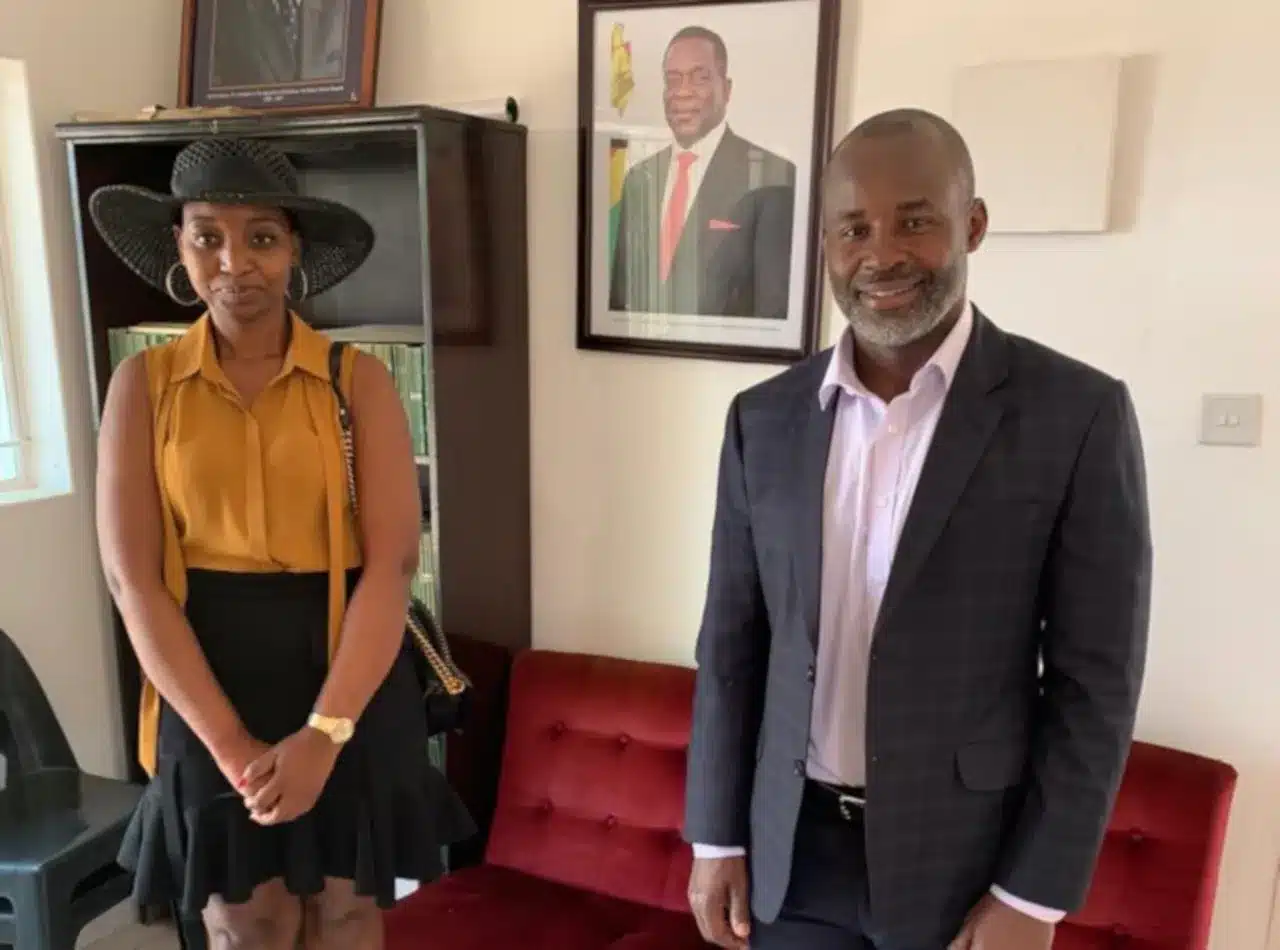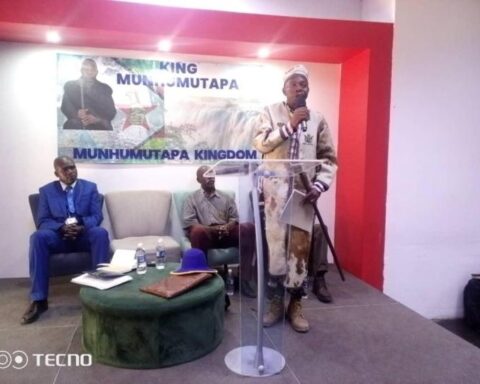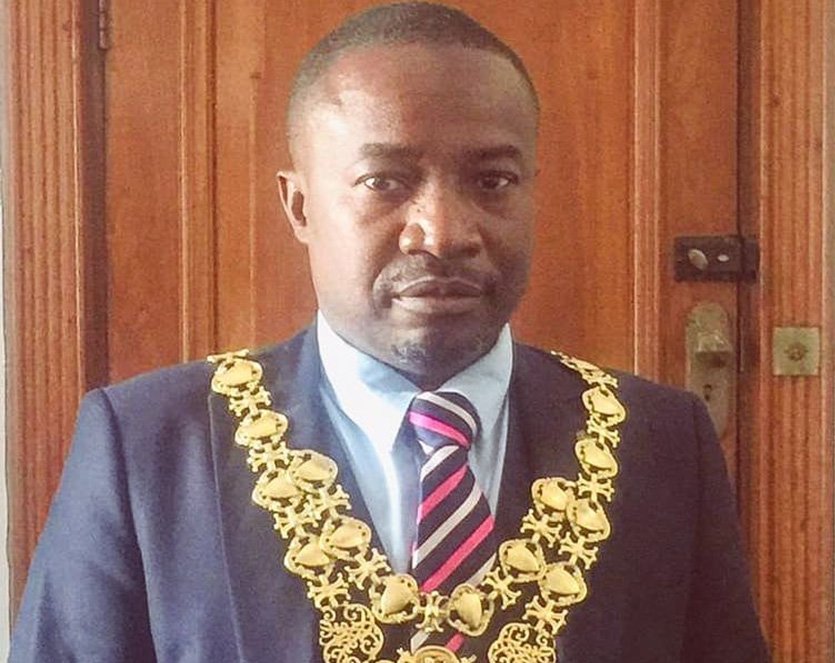Harare – In a revelation that has stirred the Zimbabwean public sphere, DNA tests have conclusively established that Temba Mliswa, the former Norton legislator, is the father of a child with the prominent but contentious businesswoman and philanthropist, Susan Mutami. This development adds a new chapter to the saga involving two high-profile figures whose personal affairs have previously dominated headlines.
The paternity tests, conducted by Identilab, disclosed that Tinotenda, born on July 20, 2021, is indeed Mliswa’s son. The results, which Temba Mliswa proudly shared, come as a closure to the paternity dispute between him and Mutami. Katherine Pippia of Identilab, in a formal statement, highlighted the unequivocal nature of the test results: “Temba Peter Mliswa is not excluded from identification as the father of Tinotenda Cripper Mliswa… The probability that Temba Peter Mliswa is the genetic father is >99.99999999%.”
Temba Mliswa, who has a notably large family with 19 other children from 10 different women, expressed his relief and satisfaction at the conclusive findings. “I’m glad the matter has been brought to a decisive conclusion,” Mliswa stated, acknowledging the resolution’s importance in enabling him to fulfill his parental responsibilities with certainty.
The background of the dispute between Mliswa and Mutami is as dramatic as the resolution. The pair, who once were in a relationship, engaged in a very public and acrimonious exchange on social media in 2022. This latest development also sheds light on earlier claims by Mutami, who had falsely stated that she gave birth to twins following their separation.
Beyond their personal disputes, Susan Mutami, a 35-year-old Zimbabwean based in Australia, has been a controversial figure for other reasons as well. She previously accused President Emmerson Mnangagwa of sexual assault, alleging an incident that took place in 2005 when she was just 15 years old. Mutami’s accusations against Mnangagwa, who was a cabinet minister at the time, added to the complexities of her public and private life narratives.
This resolution of paternity may close one chapter for Mliswa and Mutami, but it also highlights the intertwining of personal, political, and public narratives that characterize much of Zimbabwe’s contemporary discourse.








